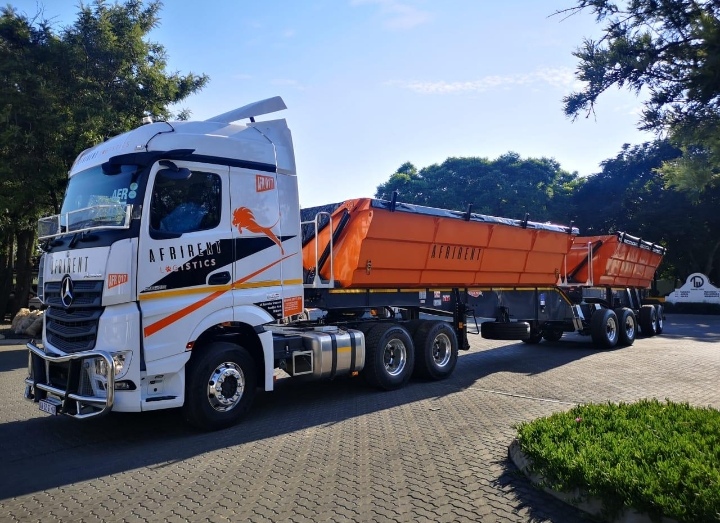2022 was a progressive year in the fleet management industry worldwide with several companies regaining their usual momentum that was disturbed by COVID-19 from early 2020 into 2021. Today, we get an expert forecast on what we should expect to happen in the fleet management sector this year in Africa from Senzo Tsabedze.
Senzo Tsabedze is a South African fleet management executive and founder of Afrirent Fleet which he established in 2003. This year marks exactly 20 years since he ventured into fleet management becoming the first black South African to establish a fleet management entity in the country’s history.
Reporter: With your experience, what do you see happening in 2023?
“Well based on the current trends and developments in the fleet management sector, I believe that the industry will continue to grow in the next few years. The following are some key points that I believe will drive growth in the sector in 2023”
- Technological advancements: The use of technology such as GPS tracking systems, telematics, and specialized fleet management software will continue to be a major driver of growth in the sector. These technologies allow fleet managers to track and manage their vehicles, which can improve efficiency and reduce costs.
- Increasing demand: The growing need for efficient transportation and logistics, driven by factors such as urbanization and the expansion of e-commerce, will continue to drive demand for fleet management services.
- Government support: Government support for the fleet management industry is likely to continue in the coming years, with governments investing in infrastructure and supporting new technologies.
- Environmental concerns: The fleet management industry will continue to face pressure to address environmental concerns, such as reducing emissions and fuel consumption. This will lead to the adoption of green technologies and alternative fuel vehicles.
- Data and analytics: The use of data and analytics will become more prevalent in the sector as companies are able to use data to optimize their fleet operations and make more informed decisions.
- Electric and autonomous vehicles: The increasing adoption of electric and autonomous vehicles will have a significant impact on the fleet management industry in the next few years. As more electric and autonomous vehicles are deployed on the road, fleet managers will need to adapt their operations and maintenance strategies accordingly.
- Cyber security: As more and more vehicles are connected and technology is being used to track, manage and optimize fleet operations, cyber security will become increasingly important.
Overall, the fleet management sector is expected to continue to grow in the next few years, driven by a combination of technological advancements, increasing demand, and government support. As the sector evolves, companies that can effectively leverage new technologies and adapt to changing market conditions will be best positioned to succeed.

